Famicom Detective Club Duology on Nintendo Switch
It may have taken 33 years, but North American visual novel fans can finally get their hands on the first two Famicom Detective Club games, The Missing Heir and The Girl Who Stands Behind, via the Nintendo Switch. Originally released on the rare Japan-exclusive Famicom Disc system, these remasters place players in the shoes of a young male detective working for the Utsugi Detective Agency.
In both games, the player-named character is tasked with investigating scenes, interviewing people, and piecing together clues to solve each case. You’ll accomplish this by using gameplay mechanics known to the genre, sifting through a menu of options that allow you to perform numerous actions depending on the setting.
For each situation, you’ll look over your choices, which range from subsets of call/engage, look/examine, talk, travel, think, and take, in order to try and progress the scene. Selecting the wrong answers or options will simply result in either a confused reaction from whoever is involved or silence.
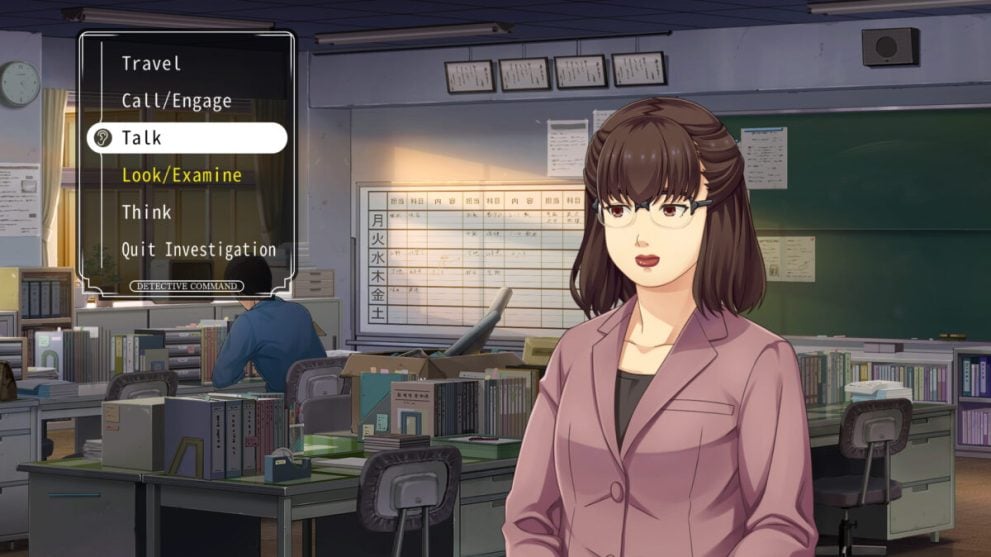
This can definitely be a little frustrating, as the games suffer from the same “attempt everything once to figure out which is the correct option” issue that often plagues interactive visual novels. Having to guess the next step wouldn’t have been as big of an issue, though, if there was consistency to the process.
The Phoenix Wright games are a great example of the proper way to do this sort of dialogue system, as conversations tend to provide hints or through lines into what players should pick or do next. The Famicom Detective Club games do implement this in some places, but for the most part, it is just guesswork regarding what to select next.
I found myself just going down the list of choices when lost more often than not in each game, which pulled me out of the story in places. This is a shame because I enjoyed the plot and characters that make up The Missing Heir and The Girl Who Stands Behind.
The protagonist is charming and a little goofy, leading to plenty of cute interactions between him and many of the supporting characters. The mysteries surrounding each case were also intriguing, as they provide plenty of red herrings and subtle hints that you look back on later with the blessing of hindsight.
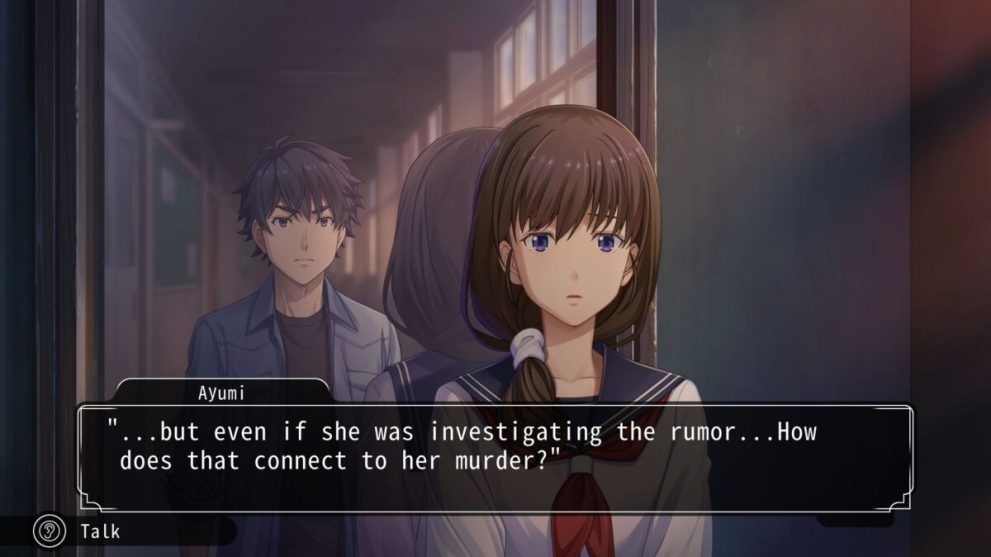
Sure, neither title features the most profound mystery case to ever come out of a detective story, as I guessed the solution general solution to each of them pretty early, but each of their journeys are considerably entertaining. I especially loved when they used parts of the gameplay to tie into the button prompts in unexpected ways.
At one point, you’ll end up using a prompt that is always there that you’d never think to use as a part of the actual case. When I finally realized I had to use it to progress, I gave a slight chuckle in acknowledgment of the creativity.
What is weird is that it really isn’t until the final third of the prequel that we start to see these clever implementations of using the prompts. And even when we do, there are still only a handful of instances of them.
As such, the gameplay can be a bit samey, dragging in places here and there, especially when you run into situations where you have to play the dialogue guessing game I mentioned earlier. Another big reason for this is that many characters and interactions exist solely to pad the story.
Now, I get that not every character the Detective interacts with is supposed to have some huge part to play in the story. Still, interacting with people like a student that only tells jokes that don’t genuinely don’t make sense made me put the game down more than once out of annoyance.
There is no denying that the Famicom Detective Club games are still good visual novel titles. They have really interesting mysteries, fun characters, and instances of really clever mechanics.
When you compare them to other games that currently make up the genre, though, both Famicom Detective Club games simply don’t hold up all too well. More than anything, the story and its characters are stifled by an unnecessarily contrived dialogue system.
Anyone that has been dying to play the series or doesn’t mind a standard graphic novel will probably enjoy playing The Missing Heir and The Girl Who Stands Behind. New players may also enjoy it, but don’t be too surprised if you find its guessing game gameplay to be too frustrating to enjoy things.
- Charming protagonist and supporting NPCs.
- Use of unique dialogue prompts.
- Enjoyable mysteries.
- Frustrating guessing game dialogue system.
- Lack of consistency in mechanics.
- Meaningless interactions here and there.

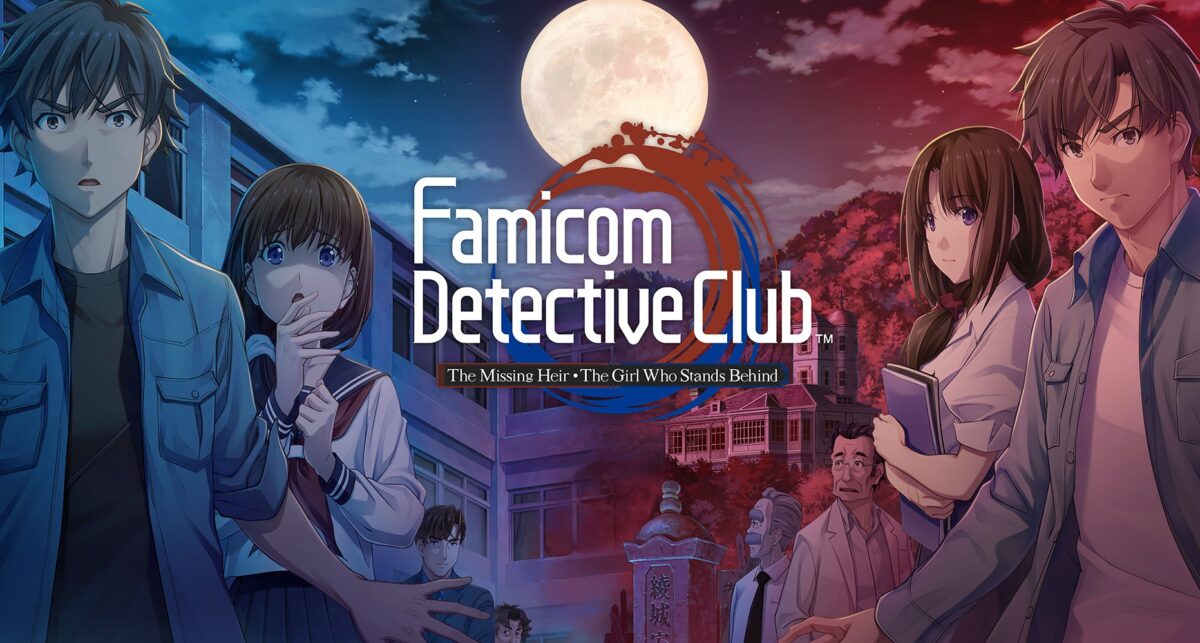

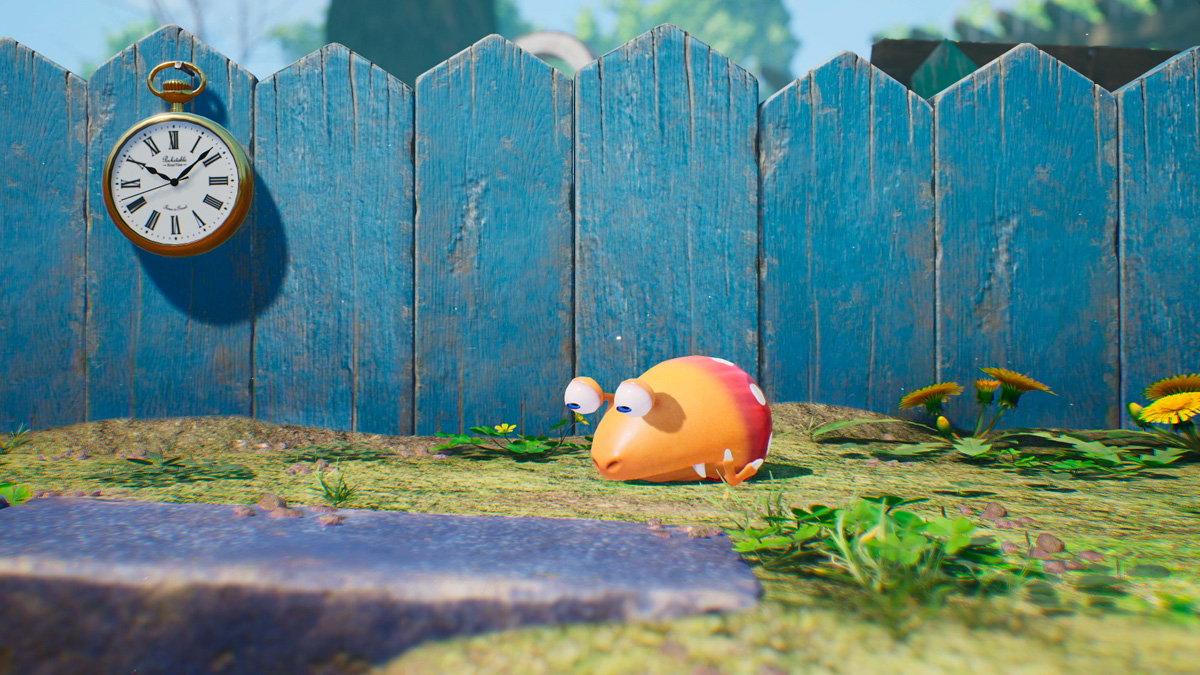


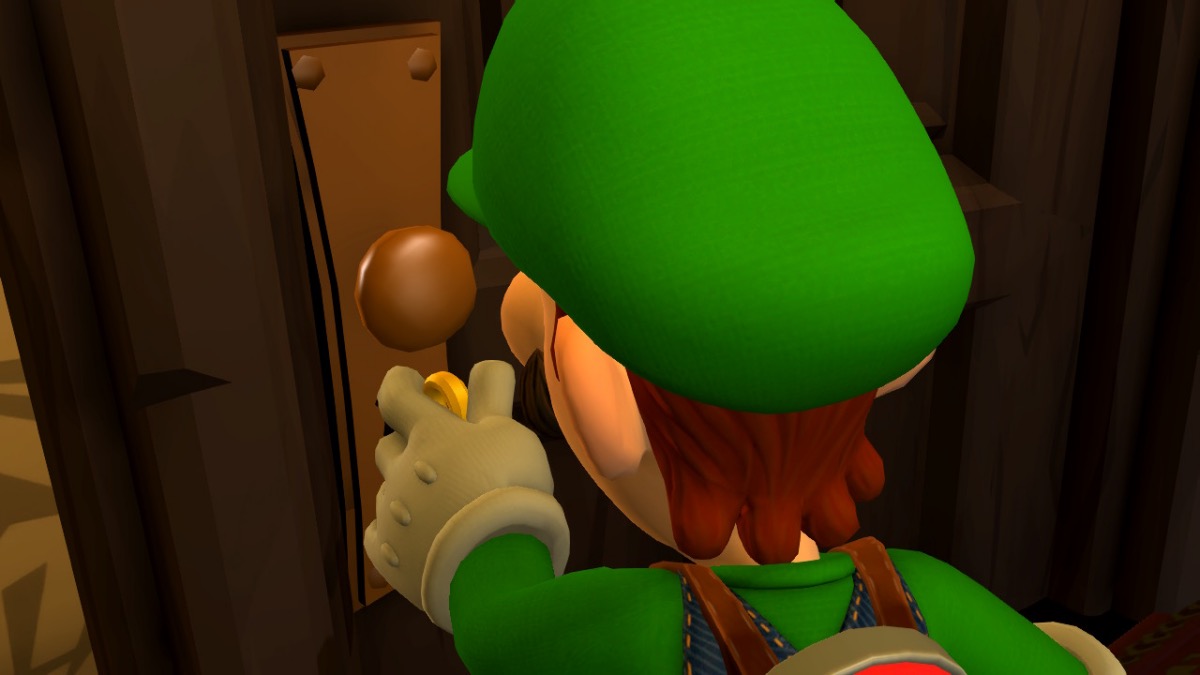






Updated: May 11, 2021 11:14 pm